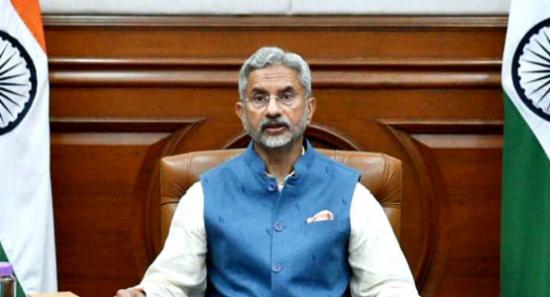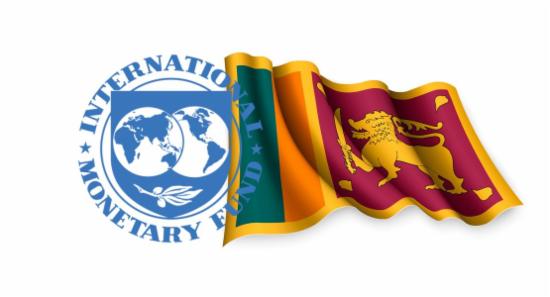.webp)
Assistant Secretary of State for Political-Military Affairs R. Clarke Cooper in Sri Lanka
Colombo (News 1st): The United States' Assistant Secretary of State for Political-Military Affairs R. Clarke Cooper is currently on an official visit to Sri Lanka. Assistant Secretary of State Cooper arrived in the island on Sunday, June 2nd.
He has already travelled to a number of areas across the island and met with a range of high-level officials. As per Assistant Secretary Cooper's official Twitter account, he has toured the once war-affected North Eastern Province and inspected activities with regard to the removal of land mines.
He also met the Commander of the Eastern Naval Command, Rear Admiral Merill Wickramasinghe. The two discussed opportunities to improve relations between the United States and Sri Lanka in terms of more military training and exercises.
Assistant Secretary Cooper also met the State Minister of Defence, Ruwan Wijewardena during the course of his visit. According to sources, the US Assistant Secretary of State will meet the Sri Lankan secretary of defence tomorrow.
The US State Department website says that the Assistant Secretary of State will also travel to India during this tour. Clark Cooper arrived in the island from Singapore, where he took part in the Shangri-La Dialogue Conference.
Issues pertaining to defence and co-operation in the Indo-Pacific region were discussed at this conference. Patrick M Shanahan, the acting secretary of defence of the United States made the following remarks during the Shangri La Dialogue.
"We are a resident power, with deep economic, cultural, and personal connections that inextricably link us with the growth and vitality of the world’s most dynamic region. America’s annual two-way trade here is $2.3 trillion, and U.S. foreign direct investment is $1.3 trillion, more than China’s, Japan’s and South Korea’s combined. And this region’s prosperity has been increased by the stabilizing influence of our defense relationships. Our government is devoting significant resources to this mission. And our geographical focus, the priority theater of our strategy is right here, in the Indo-Pacific. The United States is rapidly developing the technologies critical to deterring and defeating the threats of the future. Partners who pursue interoperability with us as part of a regional security network will be able to access much of these technologies and benefit from the compounding effects of U.S. investments and progress. No one nation can – or should – dominate the Indo-Pacific. A full range of transnational challenges persists: attacks by militants affiliated with or inspired by ISIS – as seen in Sri Lanka’s deadly Easter Sunday bombings – and other international terrorist groups, proliferation, narcotics, natural disasters, and disease. Now, we need to be pragmatic. Partnerships require trust to effectively solve problems together. Disagreements are ok, and welcomed. The strength of our partnerships is our ability to solve problems, not merely identify them. And we will resolve them in an inclusive, transparent fashion based on agreed-upon rules."
Other Articles
Featured News





.png )










-819380_550x300.jpg)


-812087_550x300.jpg)
-810262_550x300.jpg)
















.gif)